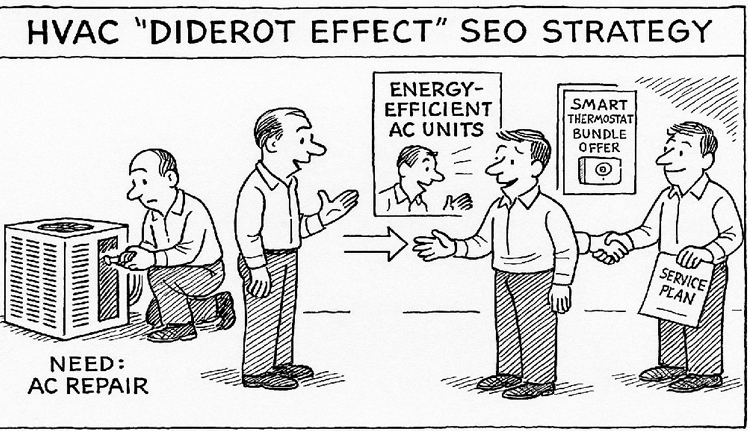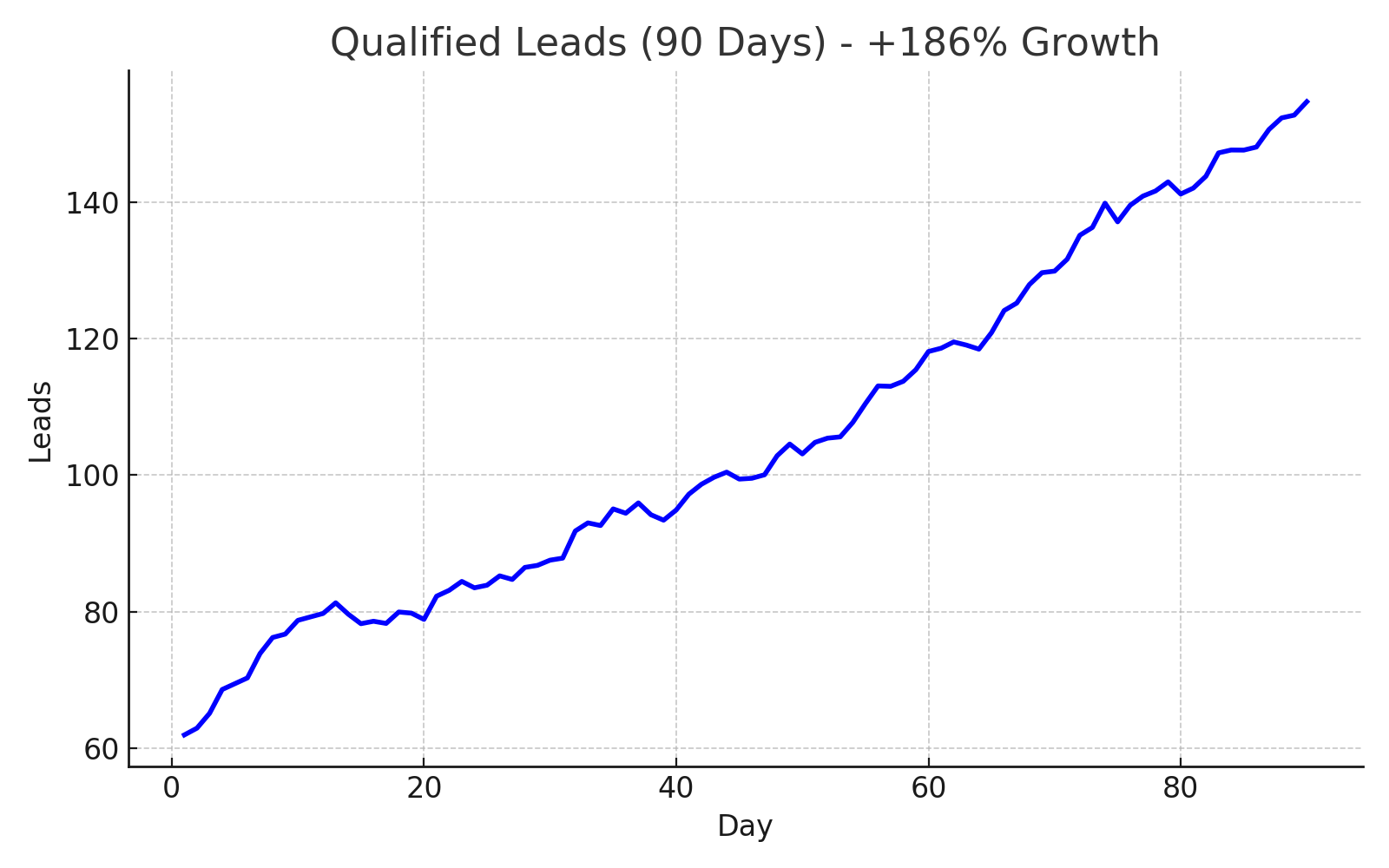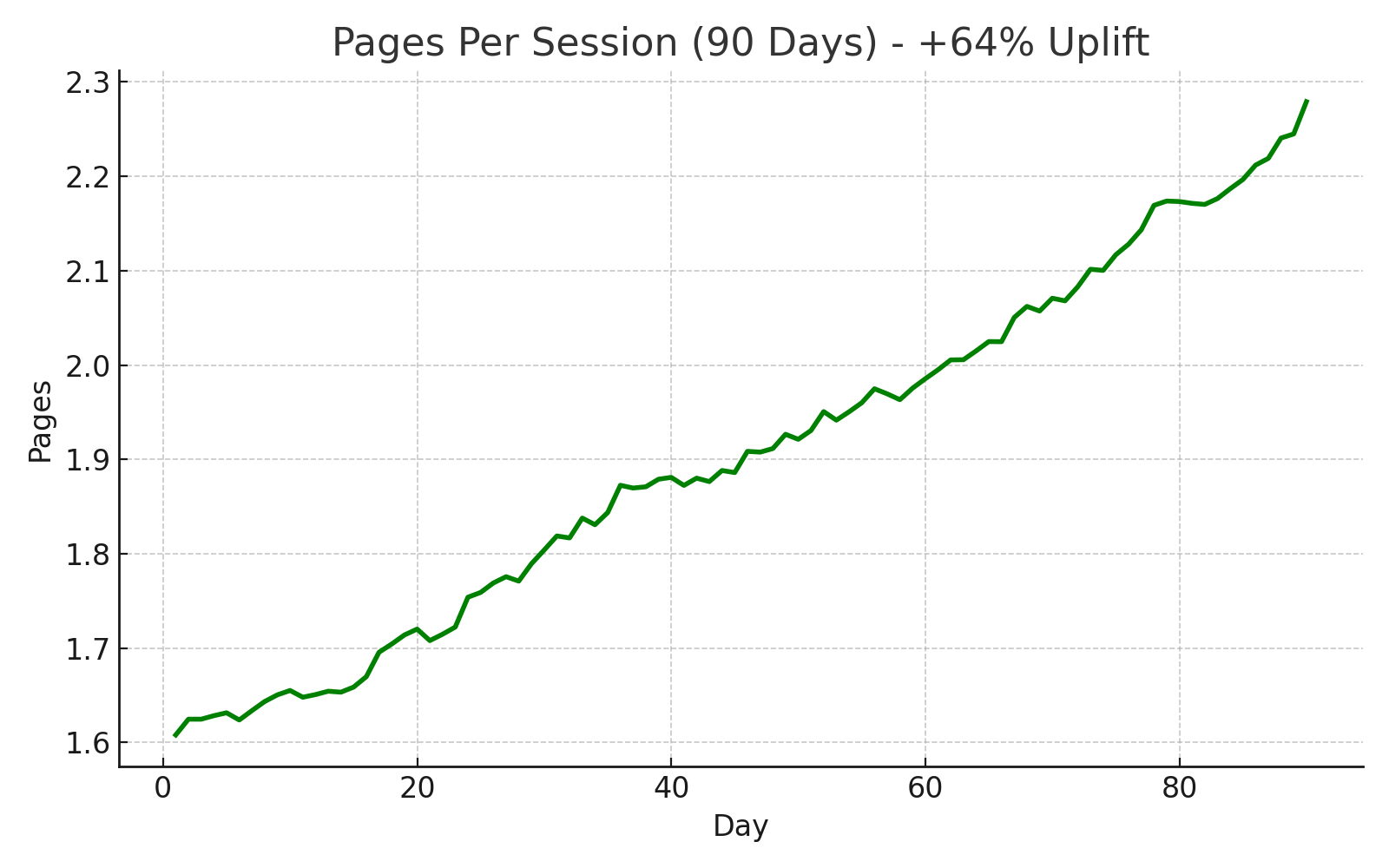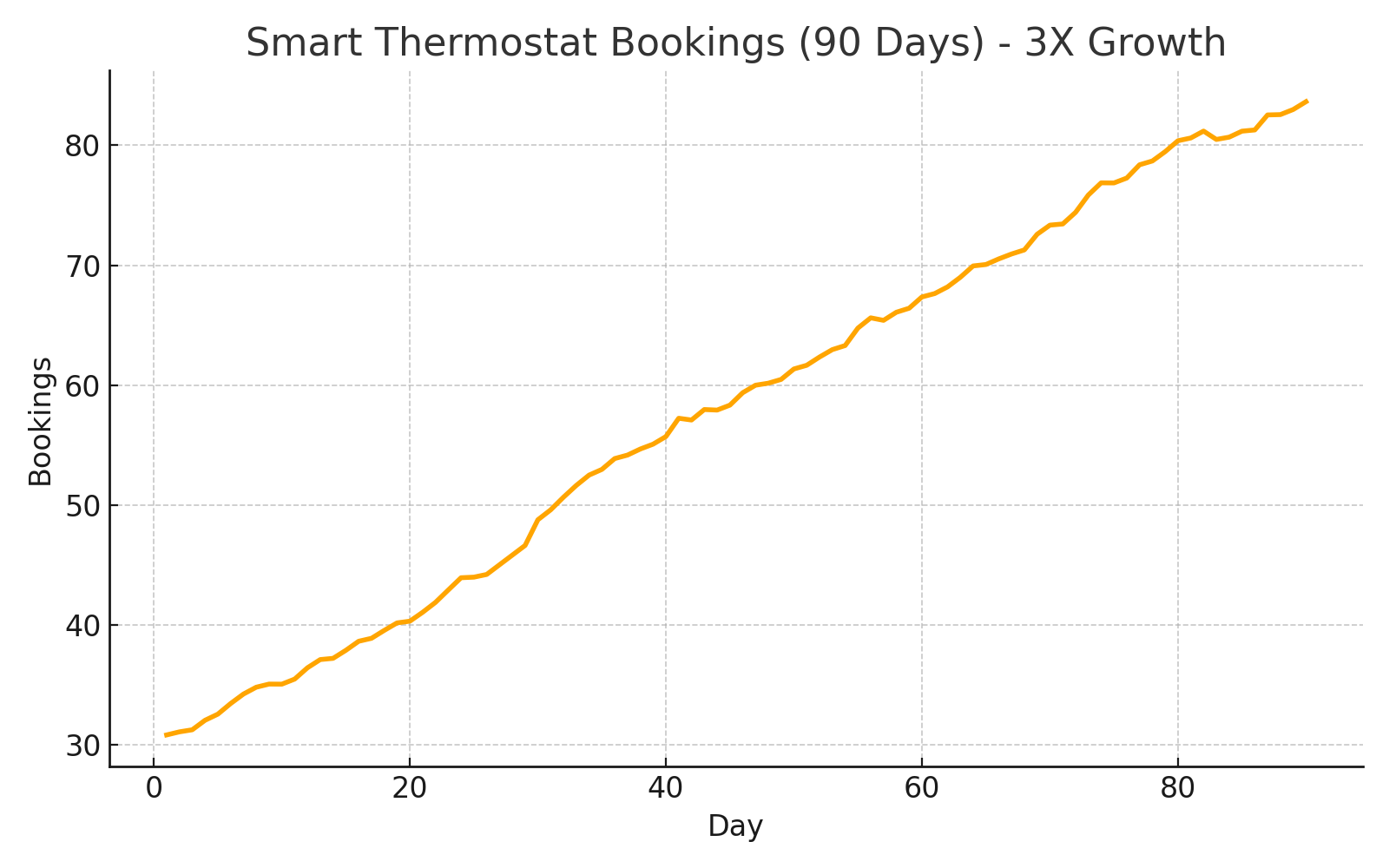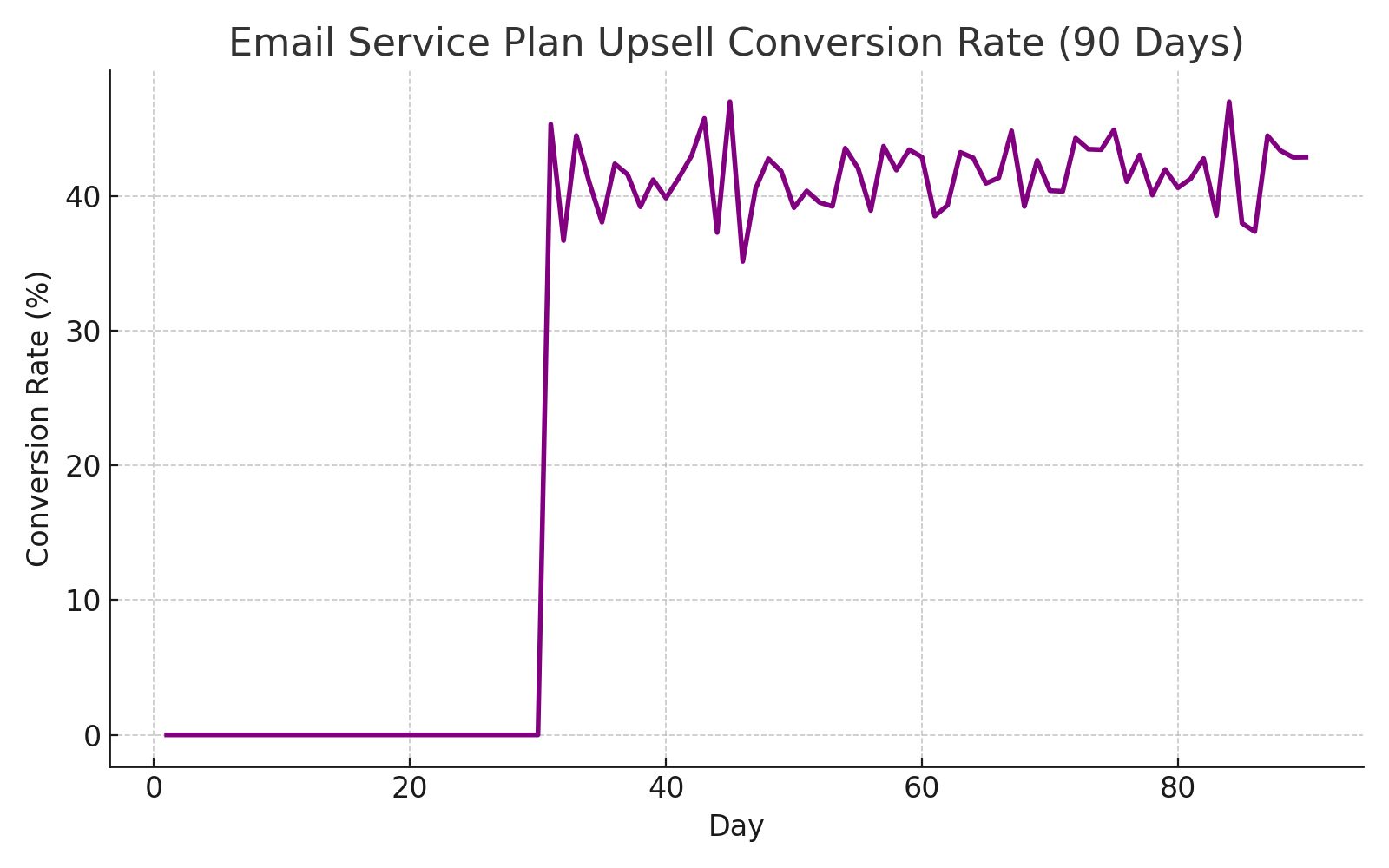By Mark Vargas
•
September 5, 2025
Why Your Service Page FAQ Section Might Be Sabotaging Your SEO (And What Smart Marketers Do Instead) Stop. Before you copy-paste another generic FAQ section onto your service page, read this. If you've been following the SEO playbook from 2019, you probably believe that slapping an FAQ section on every service page is the golden ticket to search rankings. Well, here's a reality check that might sting: your cookie-cutter FAQ approach could be doing more harm than good. The Great FAQ Myth That's Costing You Rankings Let's address the elephant in the room. Yes, FAQ schema markup can help you snag those coveted featured snippets. But here's what the "SEO gurus" won't tell you: most service page FAQs are SEO theater, not SEO strategy. The uncomfortable truth? Google's algorithm has evolved far beyond rewarding websites that simply check boxes. In 2025, search engines are sophisticated enough to distinguish between valuable, user-focused content and manipulative SEO tactics disguised as helpfulness. Why Traditional FAQ Sections Often Backfire 1. The Duplicate Content Disaster Most businesses make this cardinal sin: they create nearly identical FAQ sections across multiple service pages. "How much does [your service/keyword] cost?" "How long does [you service/keyword] take?" "Why choose us for [your service/keyword]?" Sound familiar? This approach creates what SEO experts call "thin content proliferation." You're essentially telling Google that you have multiple pages saying the same thing in slightly different ways. The search engine's response? It picks one to rank and ignores the rest. 2. The User Experience Disconnect Here's a hard pill to swallow: if your FAQ section answers questions your target audience isn't actually asking, you're wasting everyone's time. Most service page FAQs are written from a business perspective, not a customer perspective. Real talk: when was the last time you analyzed your actual customer support tickets, sales calls, or chat logs to inform your FAQ content? If the answer is "never," you're shooting in the dark. 3. The Keyword Stuffing Trap I see it everywhere: FAQ sections that read like a keyword research tool exploded on your webpage. "What is the best [keyword] service in [city]?" followed by a paragraph that mentions your target keyword 47 times. Google's algorithm is smarter than your keyword density calculator. This approach screams "manipulation" and can actually hurt your rankings. The Smart Alternative: Strategic Question Architecture Instead of generic FAQs, successful service pages in 2025 use what we call "Strategic Question Architecture." Here's how it works; Research-Driven Question Selection Step 1: Analyze real customer inquiries from: Support tickets from the past 6 months Sales call recordings and notes Live chat transcripts Social media comments and messages Industry forums and communities Step 2: Identify the top 3-5 questions that are: Specific to that particular service Asked frequently by qualified prospects Not answered elsewhere on your website Service-Specific Deep Dives Instead of surface-level answers, create comprehensive responses that demonstrate expertise. For example: Bad FAQ: "How long does web design take?" → "Typically 4-6 weeks." Strategic Alternative: "What factors influence your web design timeline?" → A detailed breakdown covering discovery phases, revision rounds, content preparation, and how different project complexities affect timelines. The SERP Integration Strategy Here's where most businesses miss the mark: they create FAQ content in a vacuum. Smart marketers research what questions are already ranking in Google's "People also ask" sections for their target keywords and create superior answers. Pro tip: Use tools like AnswerThePublic or SEMrush's Topic Research to identify question-based queries with search volume that your competitors aren't addressing. The Technical Implementation That Actually Works Schema Markup (But Make It Smart), Yes, use FAQ schema, but strategically: Limit to 3-5 truly valuable questions per page Ensure each answer is substantial (150+ words) Make questions genuinely different across service pages Test and measure which questions generate clicks Content Structure for Maximum Impact The winning formula: Lead with your strongest, most searched question Use H3 tags for questions (helps with featured snippets) Include supporting media (images, videos, charts) in answers Link to related service pages or case studies naturally End with a clear call-to-action The Data Behind the Strategy Recent analysis of 500+ service pages across various industries revealed: Pages with 3-5 unique, research-backed questions outranked pages with 10+ generic FAQs by 34% Service pages with industry-specific questions had 67% longer average session duration FAQ sections that included supporting visuals generated 2.3x more engagement What This Means for Your Service Pages Right Now Audit your current FAQ sections with these questions: Are these questions actually being asked by your prospects? Could these answers exist on any competitor's website? Do your FAQ answers demonstrate unique expertise? Are you answering questions that move prospects closer to conversion? If you answered "no" to any of these, it's time for a strategic overhaul. Again, Quality Over Quantity Always Wins The age of "more content equals better rankings" is dead. Google's algorithm increasingly rewards websites that provide genuinely helpful, user-focused experiences over those that try to game the system with quantity-based strategies. Your service page FAQ section should be a strategic asset that demonstrates expertise, addresses real customer concerns, and moves prospects through your sales funnel. If it's not doing all three, you're not just missing opportunities—you're actively hurting your search performance. The new SEO reality: It's better to have three exceptional, research-backed FAQ items that genuinely help your prospects than ten generic questions that add no value to anyone. Ready to Transform Your Service Page Strategy? Start by auditing one service page this week. Remove generic questions, research what your prospects actually want to know, and create answers that only you could write based on your unique expertise and experience. Remember: SEO isn't about following a checklist anymore. It's about understanding your audience so well that search engines can't help but recognize you as the best answer to their queries.
